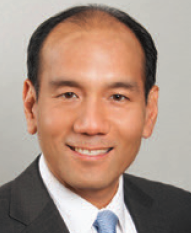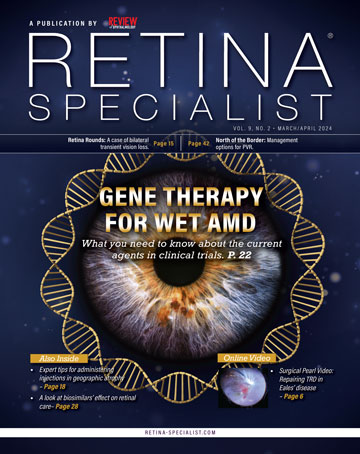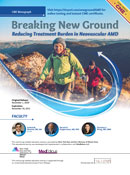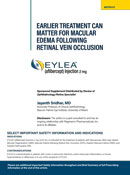COVID-19 continues to rage. Fortunately, through the late summer weeks, many urban areas saw declines in the rates of new infections and deaths. Forward progress with vaccine development has also brought positive news.
Nevertheless, health-care systems continue to strain under the weight of disease management. Families continue to endure challenges induced by isolation, virtual learning and job insecurity.
This pandemic is having profound psychological consequences. Distress and fear of contagion, particularly among health-care professionals, are real whether we consciously recognize them or not. Social isolation, uncertainty and the possibility of economic loss compound the situation and can lead to the development or exacerbation of depression, insomnia, anxiety, substance abuse and suicide.
The Spanish Flu of 1918-19, in which about one-third of the world’s population were infected and at least 50 million perished, was associated with an increase in suicide, as was the 2003 severe acute respiratory syndrome outbreak, particularly among those 65 and over. Some have sounded the alarm for an anticipated increase in suicides due to COVID-19.
As physicians we are natural leaders in this crisis and have the skills to be the support our society so badly needs. Have a heightened sense of awareness of instability among your families, colleagues, staff and patients. Please go out of your way to make sure those in your circle are not alone in their isolation and stress. Recognize that the anxiety and fear we are walking through is real and encourage those around you to do the same.
Even if you’re psychologically well—possibly better than ever because your job is secure, your investments are doing well and you’re spending more time with family because meetings have transitioned to a virtual format—realize that many others you directly come into contact with at work or the grocery store are living in a very different, colder and harsher reality.
I charge you to reach out. Don’t wait for someone else to call. Be the one to call a friend or sibling you haven’t connected with in too long. Small gestures go a long way to stabilize emotions in a tumultuous time.
None of us have lived through a situation like this. We’re all learning as we go and the road is fraught with challenges. But if we allow ourselves to honestly recognize the powerful psychological stressors that rage around us, we can address them and proactively strengthen our extended support networks—ultimately the foundation for a well-adjusted, prosperous society. RS
 |
1. Reger MA, Stanley IH, Joiner TE. Suicide mortality and coronavirus disease 2019—a perfect storm? JAMA Psychiatry. Published online April 10, 2020; doi: 10.1001/jamapsychiatry.2020.1060.




